THE PROJECT
In Lebanon, the enduring impact of the Civil War (1975-90) is palpable in the subsequent years of violence that have played out across both public and private life. However, the past is not openly or critically discussed, but rather politicized in public, and whispered about in private, casting an ominous and lingering shadow over the present. “Maabar” was born out of a deep curiosity and commitment to move beyond superficial political narratives offered by different parties, and seek a more comprehensive, multi-perspective understanding of Lebanon’s modern past, and with that, it’s present.
We initiated our journey with a focus on the Civil War period. However, during the research and production of the first season, our curiosity grew. To arrive at a meaningful understanding of our current situation, we are convinced that we must look beyond the civil war period and comprehend the complex relations across time.
Maabar intends to explore Lebanon’s history in 15-year segments, from the immediate prewar period starting 1960 – 1975 to the most recent years of the postwar period up to 2020. Each period will be encapsulated in a stand-alone season, organized around the predominant themes that emerge. Initially, each season will present a unified body of work released together, and over time, we will add additional episodes to the collection.
Produced in a podcast format combining Oral History and Documentary elements, this initiative involves not only examining historical events but also delves deeply into the experiences, emotions and subtle navigations of individuals who lived through the past.
We conduct Oral History Interviews focused on a particular period, keeping specific topics in mind. We allow the narrators and their stories to guide us to what they deem important in the story. From these we extract common themes to build the episodes. Using the benefits of audio format, not seeing the narrators and removing the indicators of where people are from and whom they might be affiliated with, the listener is invited to focus on simply understanding what people lived through, and might find, that those experiences often are shares across conflict lines.
Maabar aims to provide a space where the untold, the felt, and the lived can be shared, heard, and comprehended by a wider audience. With this, it not only explores the past, but also illuminates the social and political patterns, collective traumas that have quietly shaped the dynamics with which we relate to each other since the war.
ACKNOWLEDGEMENTS
Thank you to the support and advice of Maria Bashshur Abunnasr, Mona Hassouna, Hassan Salha, Lina Mounzer, Nayla Khodr Hamadeh, Soha Fleyfil.
Thank you to all the photographers for their generous contributions and for allowing us to use their photos to bring visuals to our episodes.
Thanks also for the help of ACT for the Disappeared, Fighters for Peace, Lebanese Association for History, Sawt El Jabal, Sawt Lebnen and Sawt El Shaeb in finding all those stories.
